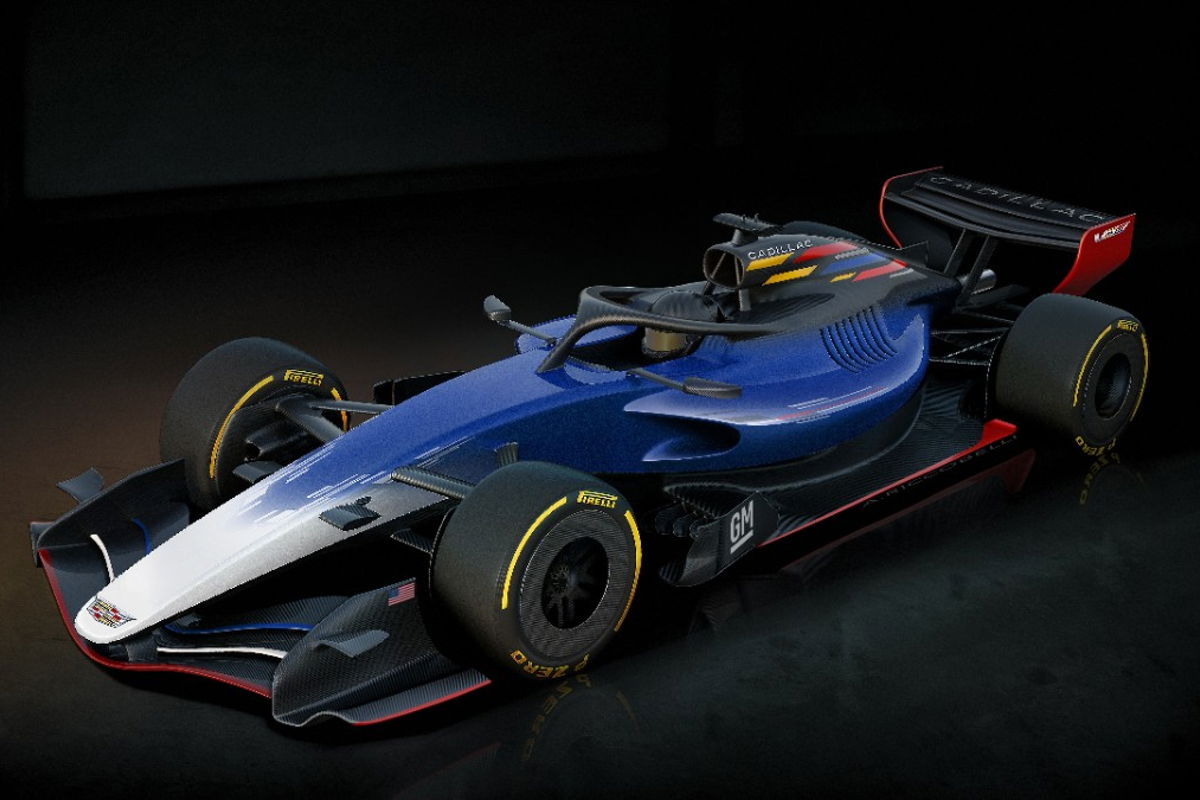
The scream of a high-revving naturally-aspirated V10 engine would music to the ears of lifelong Formula 1 – but it could be a death knell for the sport’s latest manufacturer boom.
Ferrari, Mercedes-AMG, Aston Martin, Alpine, Honda, Audi, Ford, and Cadillac are all set to compete in the sport from 2026 under the incoming, updated hybrid V6 regulations. And yet in recent weeks, there have been public suggestions from high-ranking F1 officials to take the sport back 20 years to the pre-2006 days of high-revving, non-turbocharged, non-hybrid V10 engines.
While running them on carbon neutral fuel would be a positive, and a good advertisement for the technology, the likes of Mobil, Shell and any other fuel supplier won’t actually build the engines. That responsibility sits with the manufacturers, and they’ve already spent countless millions developing these new-for-2026 hybrid V6 engines and will want to ensure they have a long life to ensure they maximise the return on investment.
But that’s not why switching from hybrid V6 engines to V10s would be a huge mistake for F1, it’s simpler than that – it goes against the very spirit of F1.

The sport has always been about the latest and greatest technology, and in-turn how that technology trickles down into road-legal cars that you and I can buy. And that’s exactly what’s happened with the hybrid V6 engine tech in the latest cars.
Take a look at the modern supercar market. Ferrari F80? It’s powered by a hybrid V6. Mercedes-AMG One? F1-inspired hybrid V6? Ferrari 296 GTB? That would be a hybrid V6 too. Even if they don’t have a V6, they still take the basic principles from modern F1 and apply it to the most desirable road cars. Aston Martin Valallha, McLaren W1 and Lamborghini Temerario are all powered by hybridised turbocharged V8 powertrains.
Naturally-aspirated engines, without either a turbocharger or hybrid system, are getting increasingly difficult to find, so it simply doesn’t make business sense for car manufacturers to have them in F1. For all the success F1 is currently enjoying, it cannot forget what it is at its very core – the ultimate cars in the world. They must remain the fastest, most advanced and most technologically relevant racing cars on the planet, because without that it will begin to lose its identity.
I know this is an unpopular opinion, I understand as well as anyone just how utterly brilliant those V10 engines sounded. I used to cover the sport in the 2000s and the V10, and even the V8, era were on another level in terms of sound. Not just the volume, but the exhaust note those 3.0-litre V10s made was unlike anything before or since.

But when you have bigger crowds than ever before and have attracted eight major car manufacturers to the sport, you must do what it takes to maintain that level of investment from the car industry.
Having Ferrari, Mercedes-AMG and Aston Martin committed is fantastic, but to get General Motors and Ford to join the sport for the first time together – ever – is something next level, and they have both publicly stated that they did so because they support the incoming hybrid V6 rules. Heck, Honda reversed its decision to leave the sport and stayed put because it felt the new engine rules were appealing. And the same is true of Audi, so it simply doesn’t make sense to agitate and potentially force out any of these brands to appease fans from 20 years ago.
F1 has attracted a new generation of fans, many of whom have never heard an F1 car powered by a V10 engine, and what they don’t know isn’t hurting them. But what will hurt the sport is forcing car manufacturers to build racing engines with zero relevance to what they sell.













Discussion about this post